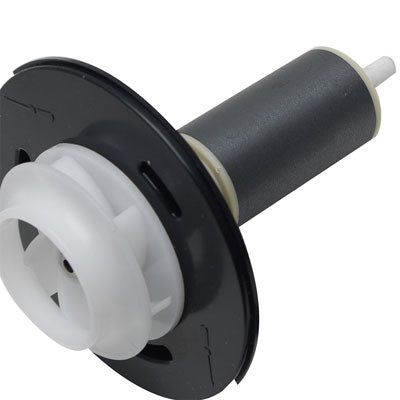Taking care of a tortoise requires a commitment to provide proper nutrition, housing, and care for their well-being. Tortoises are long-lived animals and can live for several decades or even longer, so it's important to be prepared for a long-term commitment.
Here's a care sheet for a tortoise:
1. Species-specific knowledge: First, identify the species of tortoise you have, as different species have slightly different care requirements. Common species kept as pets include Russian, Greek, Sulcata, Hermann's, and Red-footed tortoises.
2. Enclosure:
Indoor housing: If you live in an area with cold winters, you'll need an indoor enclosure with adequate heating. Ensure it's spacious enough for your tortoise to roam and explore.
Outdoor housing: If the climate permits, a secure outdoor pen with access to natural sunlight is ideal. The enclosure should have walls that extend below ground to prevent digging escapes.
Tortoises are territorial, so avoid keeping multiple tortoises together unless you have a very large enclosure.
3. Temperature and Lighting: Maintain a basking area with a temperature gradient. The basking spot should be around 90-100°F (32-38°C), with a cooler area around 70-80°F (21-27°C).
Use a UVB light source to provide essential UV radiation for calcium metabolism. Replace the UVB bulb as recommended by the manufacturer.
4. Substrate: Use a substrate like cypress mulch, coconut coir, or topsoil for the enclosure. Avoid using cedar or pine, as they can be harmful to tortoises.
Provide a hiding spot for your tortoise to retreat into when they want privacy.
5. Diet: Offer a varied diet of leafy greens (e.g., dandelion greens, collard greens, kale), vegetables (e.g., carrots, bell peppers, squash), and occasional fruits (in moderation).
Provide calcium supplementation and a cuttlebone or tortoise-specific mineral block.
Tortoises have a slow metabolism, so don't overfeed; adjust portions based on their size and age.
6. Hydration: Provide a shallow water dish for soaking. Tortoises drink by absorbing water through their cloaca, so regular soaking is essential.
Mist the enclosure to maintain humidity, especially for species that require higher humidity levels.
7. Health Care: Regularly monitor your tortoise for any signs of illness, such as lethargy, loss of appetite, or abnormal behaviors.
Consult with a veterinarian experienced in treating reptiles if you suspect any health issues.
8. Enrichment: Tortoises benefit from mental and physical stimulation. Provide objects to explore and climb over.
Occasionally move items around in the enclosure to create a changing environment.
9. Legal considerations: Ensure you are complying with any local or state regulations regarding the ownership of tortoises, as some species may be protected or require permits.
Remember that tortoises are long-lived, and caring for one requires dedication and research. Always do your homework and consult with a reptile veterinarian or herpetologist for species-specific guidance. Your tortoise's health and well-being should be your top priority.


